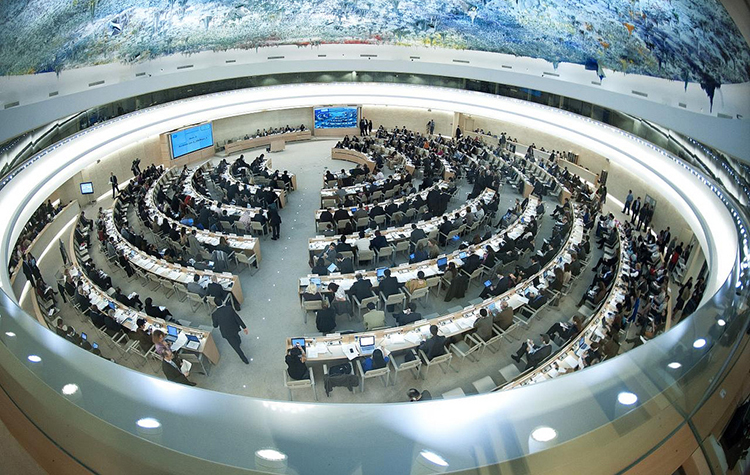This statement is delivered on behalf of Front Line Defenders, Amnesty International, OMCT, FIDH and FORUM-ASIA as members of the Human Rights Defenders Memorial Network.
We welcome the report of the Special Rapporteur on summary executions and its focus on armed non-state actors. We are deeply concerned at the recent global escalation in the number of killings of HRDs because of their peaceful human rights work. For example, in May and June, 7 HRDs from one organisation in Guatemala have been killed in the space of 4 weeks; apparently armed non-state actors were involved. In its report, “Stop the Killings” to be launched tomorrow (20 June), the HRD Memorial network examines the situation in six countries Brazil, Colombia, Guatemala, Honduras, Mexico and the Philippines which between them accounted for more than 80% of the killings of HRDs over the last three years.
There are a number of very clear systemic state failures behind these killings:
- Lack of effective systems and of political will to address social conflicts arising in connection with the exploration and exploitation of natural resources and their impact on the environment, the livelihood and other rights related to the land of peasant communities and indigenous peoples;
- Lack of effective systems to document and independently investigate attacks and provide protection;
- In many cases, the collusion of state agents with armed non-state actors.
Mme Rapporteur, in your report you referred to armed opposition groups, insurgents, rebels, terrorists, militias, criminal cartels, or gangs as armed non-state actors. Can you share your views on the inclusion in this list of vigilante groups, which are armed non-state actors often responsible for the killings of HRDs? What should the Human Rights Council do when states fail to hold armed non-state actors accountable for extrajudicial executions, including of HRDs?




